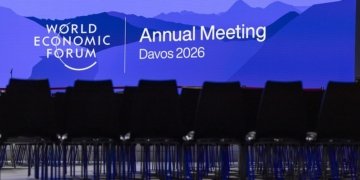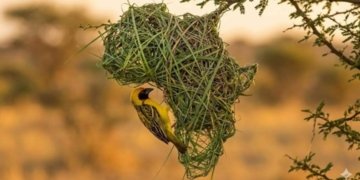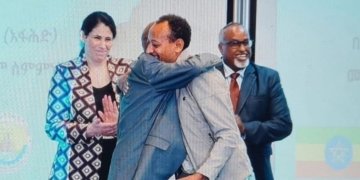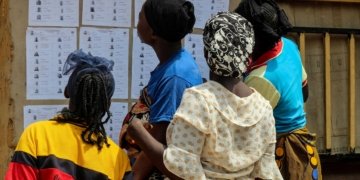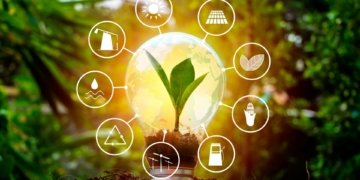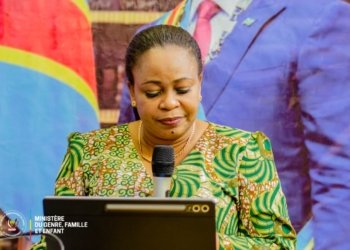We’ve heard it repeatedly. Africa must adapt, be resilient and pivot to seize the opportunities of artificial intelligence and emerging technologies. These mantras circulate widely, steering digital development in directions shaped by external priorities while perpetuating patterns of dispossession of data, minerals, cultural values and autonomy.
A recent article in a Kenyan newspaper illuminated this dynamic. USAID, a major funder of health programs in Kenya, had been collecting and storing sensitive health data from citizens. When the agency exited without warning, it left the Ministry of Health unable to move forward. The data remains inaccessible, still controlled by a foreign agency whose formal role has ended.
This arrangement reflects a longstanding practice of appropriation, where African communities are systematically separated from the very digital resources they need to define their futures and exercise sovereignty over technological infrastructure.
The Adapt-or-Perish Trap
Many African designers and policymakers continue to champion the “adapt or perish” mindset. This framing reduces complex challenges like data exploitation, precarious gig work, context-incompatible AI systems, and failing local startups into manageable slogans. More dangerously, it encourages governments to follow pathways that serve external actors far more than local populations.
The effort to draft AI strategies has become similarly reactive. These documents are often hastily produced, prioritizing growth models that align with profit motives rather than the lived realities of African communities. As these frameworks expand, they obscure deepening social and economic disparities while sidelining the knowledge, labor and creativity of African people.
Digital Colonialism in Action
Across the continent, international tech developers and government agencies are formalizing agreement after agreement. These public announcements promise mutual progress, though the terms remain largely unequal. What we are witnessing resembles the Scramble for Africa, recast in digital form.
It would be transformative to see African governments approach these partnerships from positions of financial strength or at least parity. Imagine negotiations where a dollar matched a dollar, where African stakeholders secured favorable outcomes. That would mark the beginning of shaping digital futures based on equity and strategic vision, rather than concession and dependence.
Africa holds two strategic resources central to the digital age. The first is access to rare minerals crucial for powering devices and networks. The second is a growing, educated youth population whose potential is immense. Mineral wealth in countries like the Democratic Republic of Congo continues to be exploited by firms linked to conflict, while young workers are hired by multinational platforms to provide digital labor under extractive and often exploitative terms.
Confronting Uncomfortable Questions
As an African expert, ask yourself how fully your work addresses these contradictions. What version of the future are you advancing when the communities most affected by digital shifts remain unrepresented in policy, research and entrepreneurship? As you speak at conferences, contribute to task forces and participate in initiatives driven by global platforms, consider whose agenda your expertise is advancing. When inequality becomes a side note rather than a central concern, your brilliance serves someone else’s design.
Charting a Different Course
There are ways forward, and there are choices to be made. Africa can pursue a different path that begins with acknowledging dependency on external funding, reworking negotiating strategies and redesigning business models. Most critically, it requires confronting the mental frameworks that reinforce external authority and diminish local capacity.
Instead of asking communities that have already absorbed the costs of adaptation to continue bending, leaders must find the will to protect their people and reframe the conversation. Digital futures can be redefined to reflect African aspirations, local realities and a commitment to justice that cannot be outsourced or postponed.
The question remains whether Africa will shape the digital age on its own terms or continue adapting to someone else’s vision.
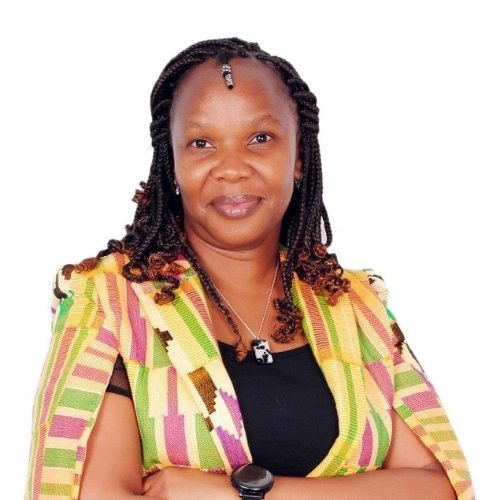
Angella Ndaka, PhDis an Artificial Intelligence adoption expert, and award-winning leader recognized among the 100 Brilliant Women in AI Ethics and Women in AI Awardees 2023.


